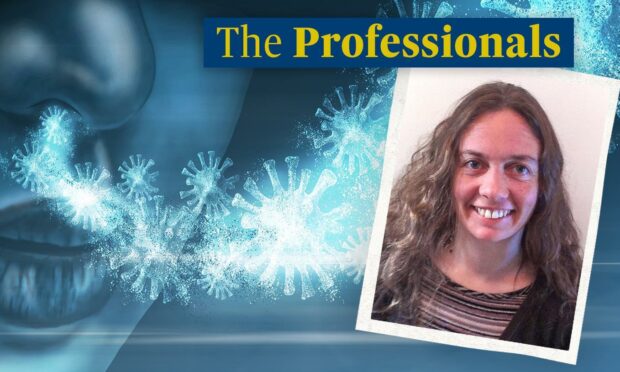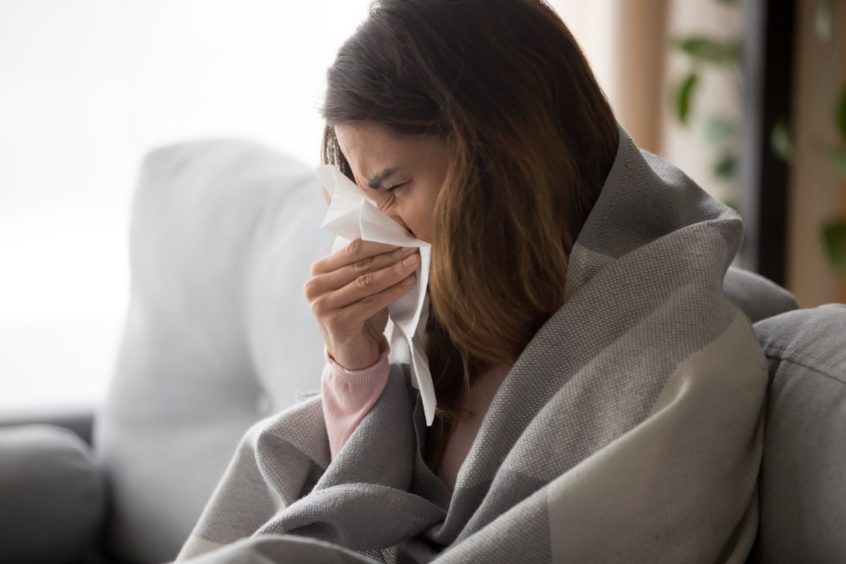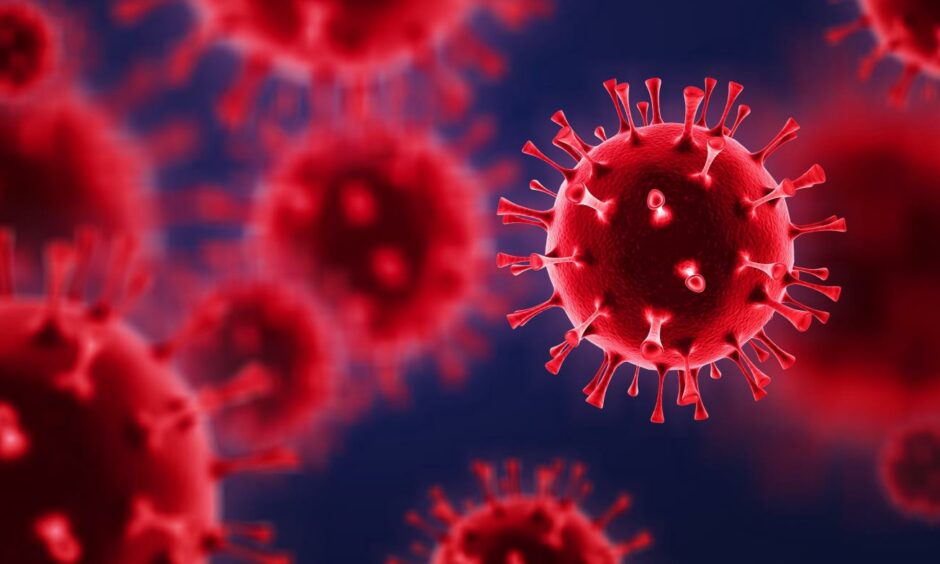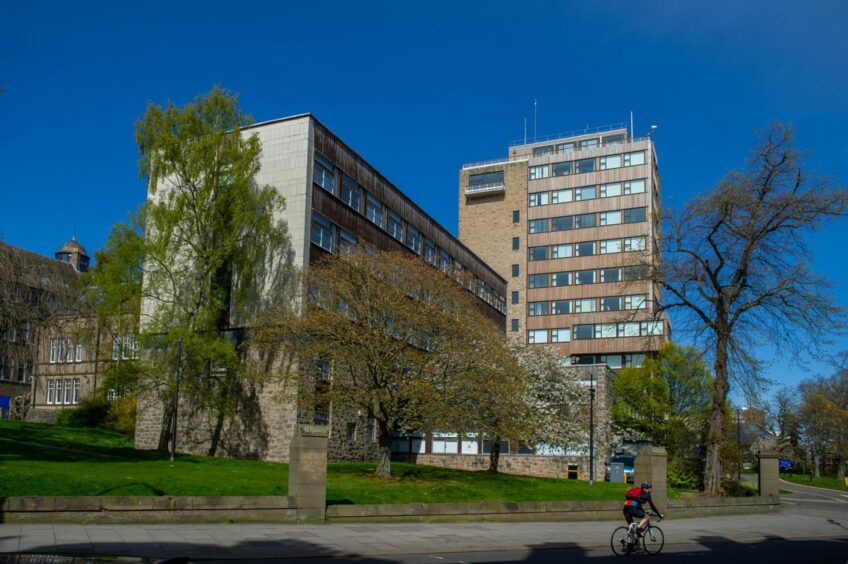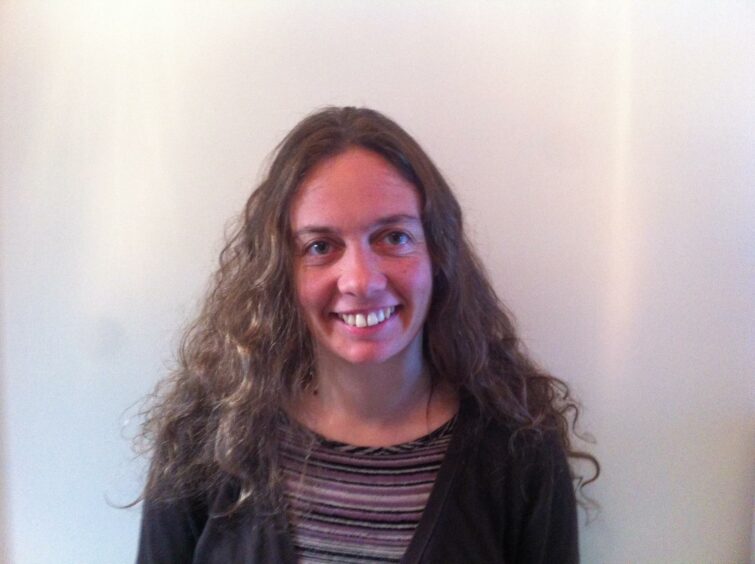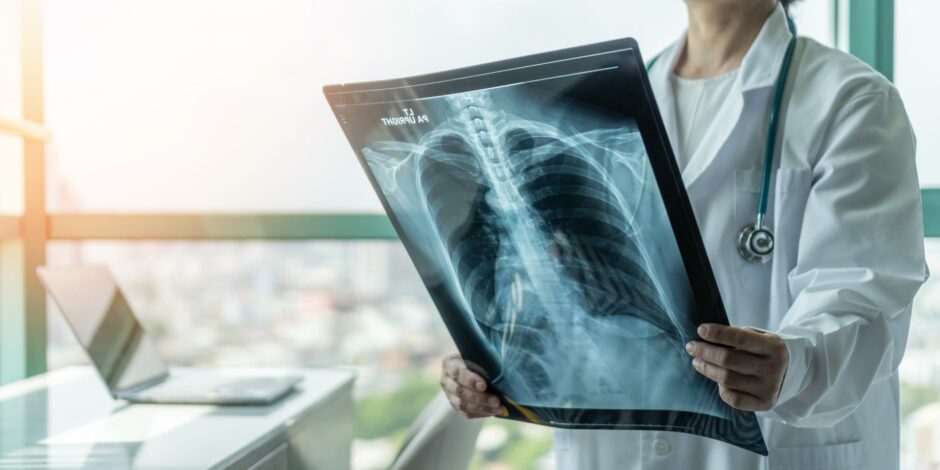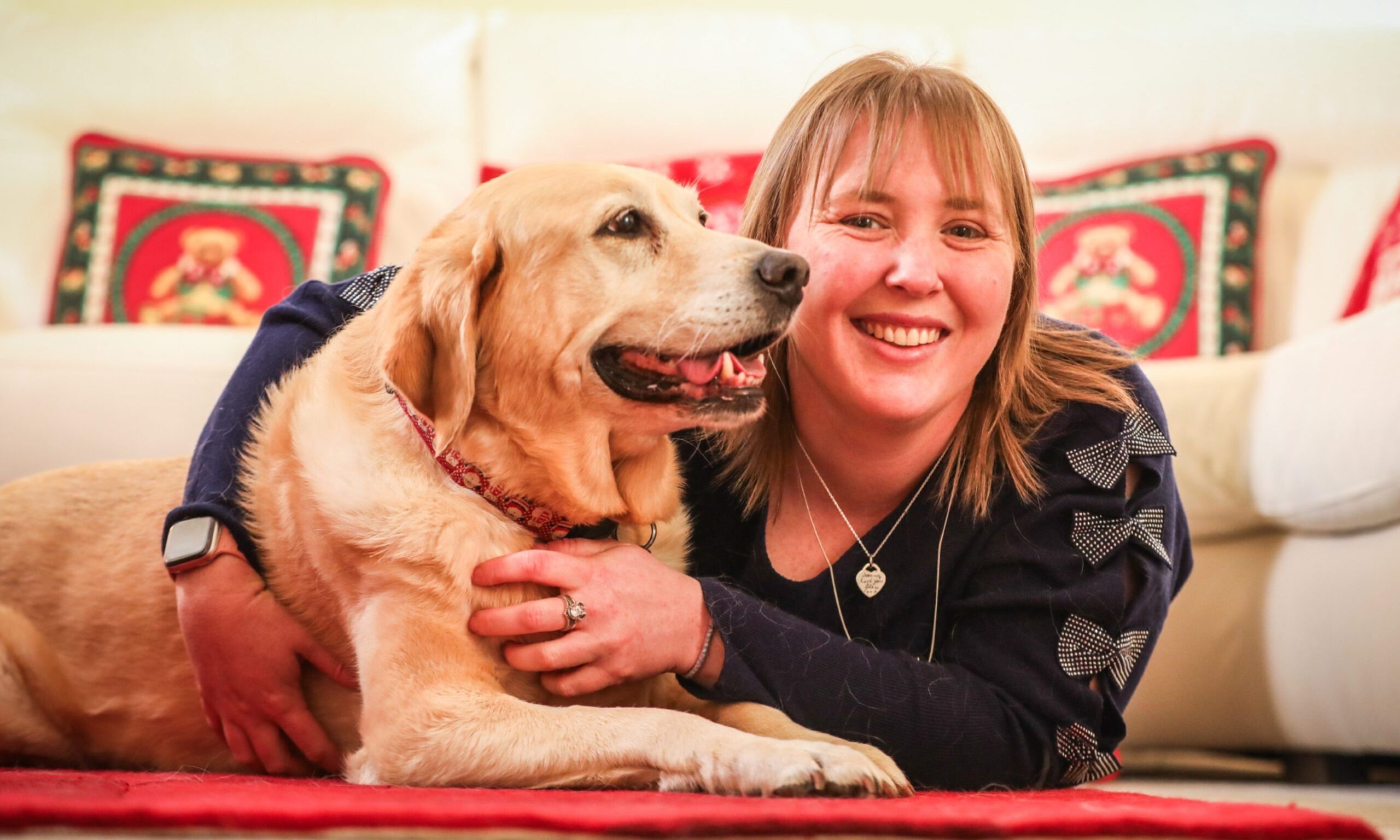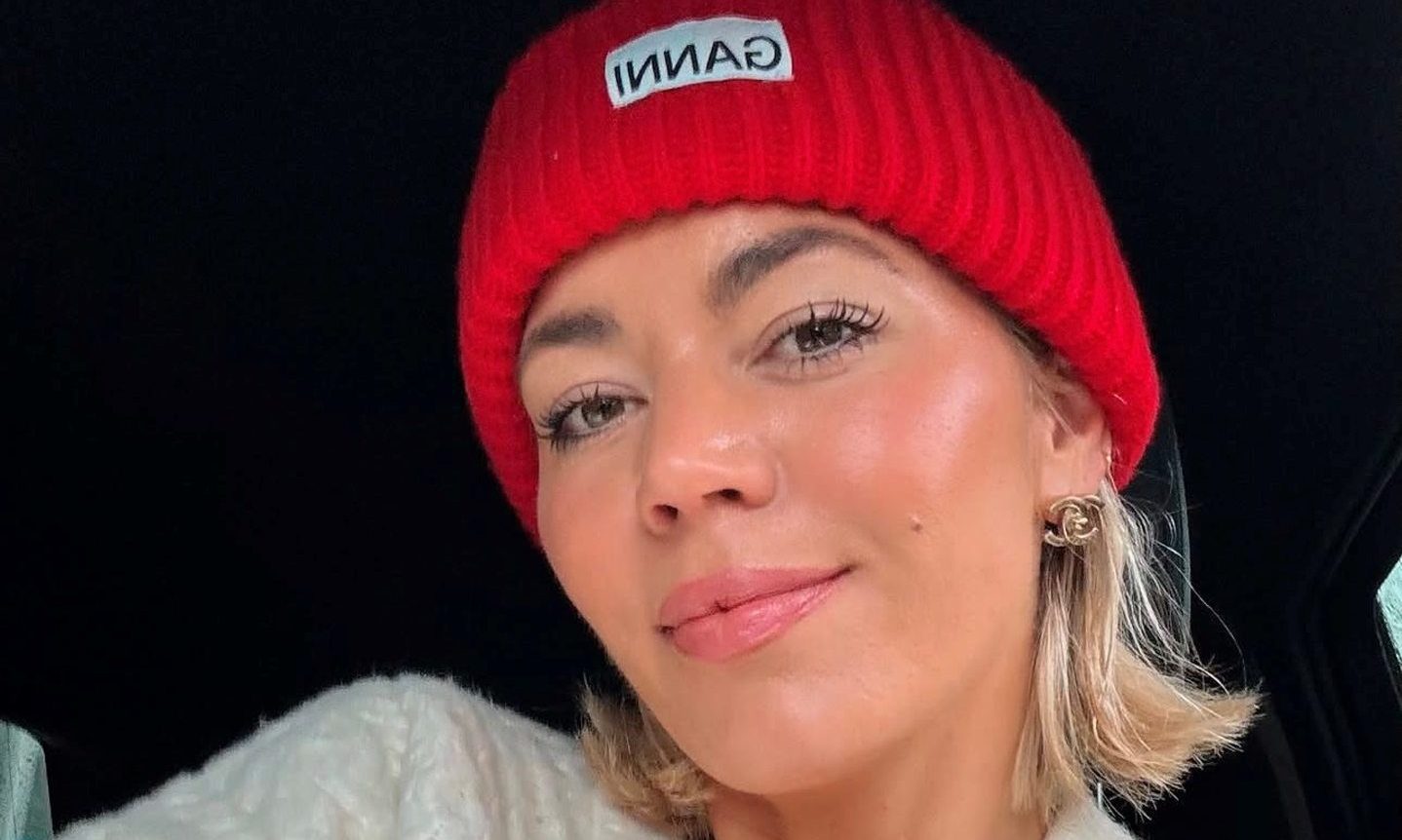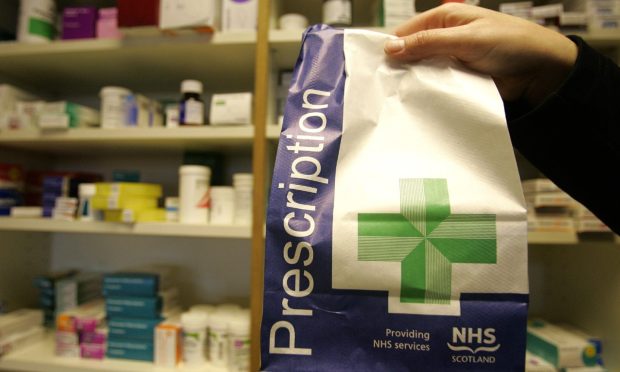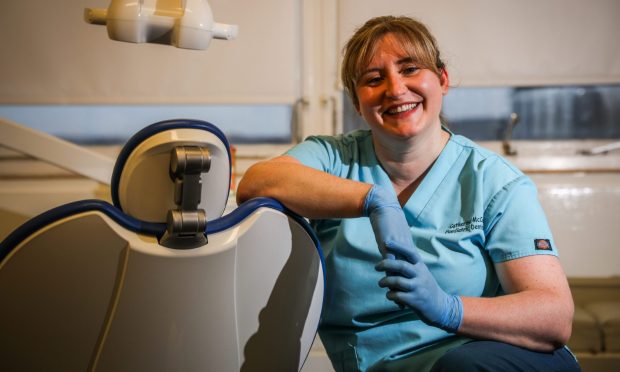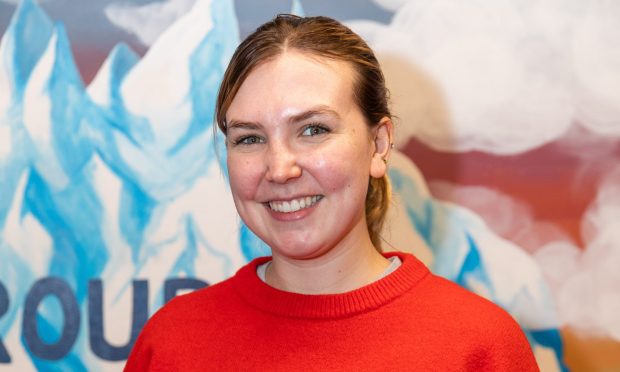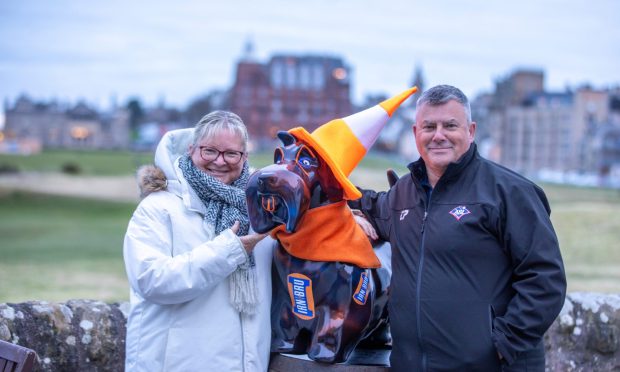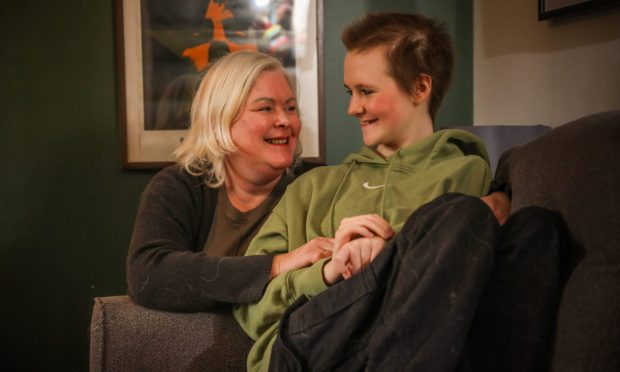Did you know your nose is important when it comes to giving experts new insight into Covid?
If you’ve had the virus, you may have had to blow your nose a lot.
And we’ve all had to adapt to the routine of taking nose swabs for tests over the past two years.
But a new piece of research, being carried out by the University of Dundee, highlights the important role your nose – and what’s in it – can play.
You might not know, but it’s helping in their understanding of the virus and its long-term effects on our health.
We spoke to Dr Amelia Shoemark from the University’s School of Medicine.
We asked her why your nose is so vital to scientists and researchers.
Getting up your nose
Dr Shoemark explains cells and minute hair-like structures in your nose called cilia are what’s of interest.
And although cilia are only a thousandth of a millimetre in length, they serve a very important purpose.
What do cilia do in your nose?
Dr Shoemark says: “Their job is as soon as bacteria, virus or pollutants comes into your airways, they sweep and they clear those things out to keep your lungs clean, clear and healthy.
“With other normal viruses, the cilia get damaged when the virus enters the nose because that’s the route of entry.
“But that’s usually healed within eight weeks.”
What’s different with Covid?
Like other viruses, when Covid enters your body through your nose, it’s known to damage the airway cells and cilia.
But what’s the difference?
This is something we know, thanks to the earlier part of this Dundee research.
The first part of this study found cells in 90% people still haven’t recovered – up to a year after Covid infection.
This potentially makes those people’s lungs more vulnerable to further infection.
So, Dr Shoemark’s further study will now look at why the cells and cilia are not recovering and investigate the longer-term consequences of this damage.
Why do Dundee experts think it’s important?
Experts need to understand why Covid is weakening the defences of some people.
“It’s critical we continue to develop our understanding of this virus and its potential ramifications on public health,” Dr Shoemark says.
“This new research will allow us to identify who is at increased risk of airway damage and identify which treatments reduce this risk.”
What will the new Covid research cover?
“We will look at nose and airway cells from people who had Covid in the first wave and those infected by the new Omicron variant and compare them with cells from people who have not been infected.”
They’ll compare:
- amount of inflammation
- how cells cope with inflammation
- the way cilia grow and function
“The second part will follow a group of people three to five years after their initial Covid infection.
“We want to see if the cells are still damaged and if there are further consequences of the damage.
“This will establish the longer-term consequences of Covid damage to airway cells.
“And it will help us understand who is at risk of developing this airway damage.”
Dr Shoemark’s project is the latest study to have been funded by an award from the University’s Coronavirus Research Fundraising Campaign.
Funded by public donations, it was established at the start of the pandemic to support Dundee researchers in their efforts in unlocking the secrets of Covid.
